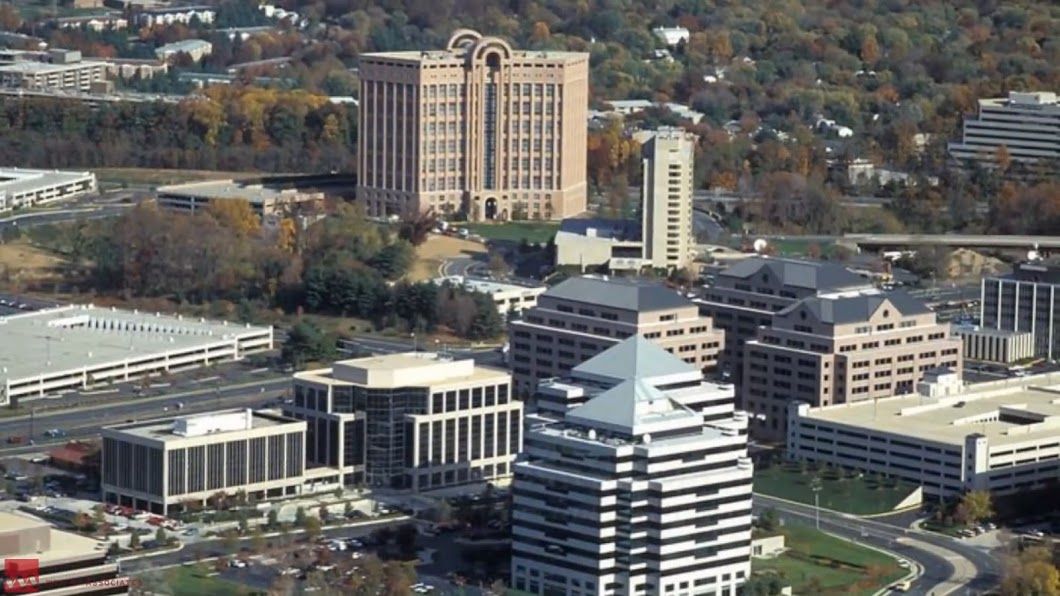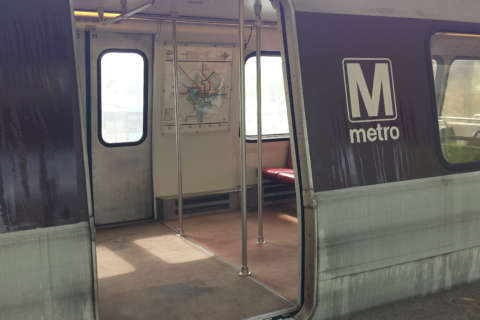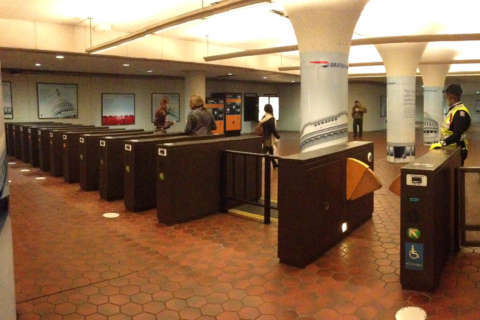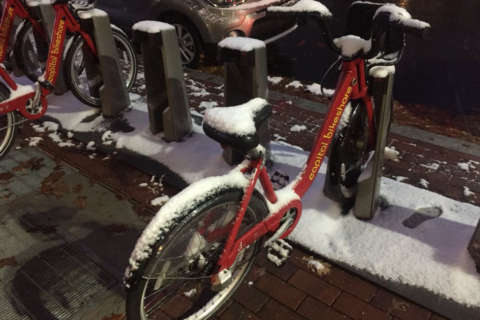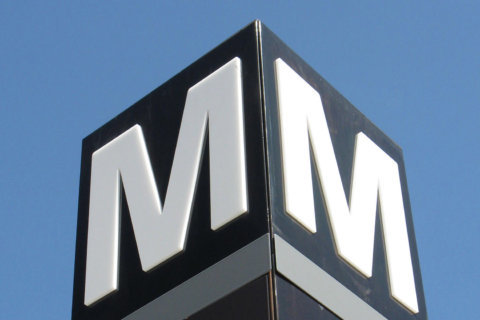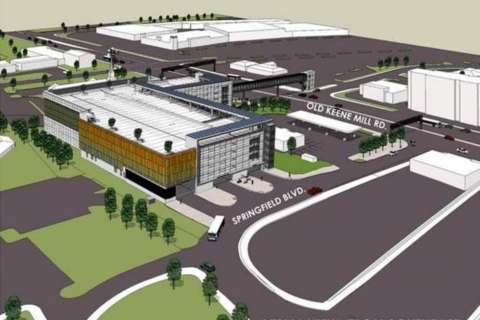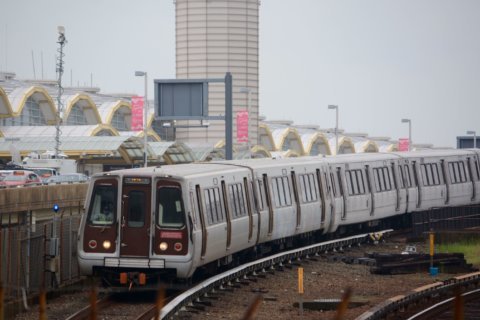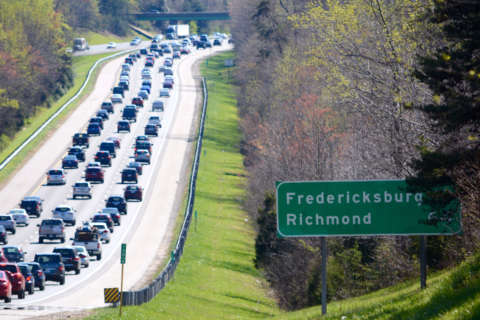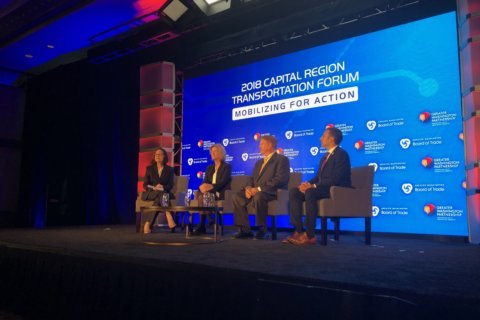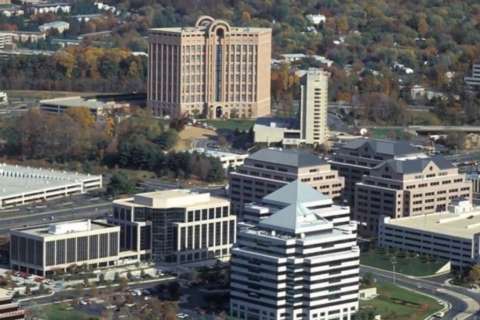
WASHINGTON — Drivers in Tysons Corner and Reston could soon have to pay for street parking.
Fairfax County is set to study parking management plans through an approximately $100,000 consultant’s review that would trigger changes within the next two years.
Several county supervisors see paid parking as inevitable in the areas that are rapidly becoming more urban than suburban. New rules could also include time limits for certain parking spots whether or not they remain free, including the potential for two-hour parking, rush-hour parking restrictions, or a ban on overnight parking.
Enforcement of various rules could involve tow-trucks, license plate readers, curbside sensors and parking officers.
Rather than install parking meters, the county would likely accept any payment through something like a mobile app or parking payment kiosk. Higher-end systems could even detect open spaces that direct drivers to them or detect when a vehicle has remained in a spot beyond a time limit.
The rules would apply in the areas relatively close to Metro stations, but the study could determine the actual boundaries.
Fairfax County Transportation Planner Henri Stein McCartney said the plan would be to expand the paid or timed parking restrictions to other parts of the county as appropriate.
The Board of Supervisors approved pathways to paid parking last year with the idea it could happen at some point in the future.
“Staff believes that that time is just around the corner,” Stein McCartney said.
“Offering free unrestricted on-street parking encourages car trips to the area because motorists have an expectation that they will be able to park at no charge for as long as they wish. Such a scenario runs counter to what is most desirable in transit oriented developments,” she said.
Parking restrictions also make it more likely spaces will be available, which can help with traffic since drivers no longer continue circling the area looking for free parking. They can also encourage transit use, and ensure parking is available for customers of businesses.
“This is an urban area in Tysons that is being developed, and it’s important that we manage the parking. In most urban areas, that is done,” Board of Supervisors Chairman Sharon Bulova said.
“The last thing you want to have happen that could kill the success of Tysons would be for people to park on the streets who are going to be there all day long…and then customers and people doing business in Tysons don’t have a place to be able to park for a relatively short period of time,” she added.
It is not clear how much money the county would expect to collect, or exactly how it would be used, but the money could go toward parking enforcement, other projects or some mix of the two, Stein McCartney said.
In Tysons, the revenue could also be used to offset special property taxes in the area around Silver Line stations.
“We are at the very preliminary stages of getting this project together, so we don’t have a lot of answers to specific questions right now,” she said.
Fairfax County Transportation Director Tom Biesiadny expects to have an update on plans in six to 12 months.
“The strategy for Tysons may be different than the strategy for Reston,” Biesiadny said. “The money is actually very ancillary to this, it’s really to manage those spaces in those urban areas”
The first streets to be covered could be in Tysons in 2020 when roads in The Boro mixed-use development are completed near the Greensboro Metro Station.
“We’re trying to implement the master plan for both communities, and parking is one of the things that happens as a way of trying to make sure that it functions well,” Supervisor Cathy Hudgins said.
Without changes, the county worries streets near Metro stations could simply become commuter parking and streets near apartment or condo buildings could become residential or commercial truck parking.
“If you don’t have restrictions on parking, you’re going to have people that’ll camp out there all day, and that’s not going to be helpful for the businesses, you’re also going to have people circling and circling looking for those free spaces which then creates additional traffic congestion in the very places we don’t want,” Biesiadny said.
Parking will be free and unrestricted unless the county acts.
“I think this is inevitable, but I think it’s something we need to walk into very carefully. Parking and parking fees kind of drive behavior,” Supervisor Pat Herrity said.
The owners of the private Reston Town Center hit a number of speed bumps when they started charging for parking about two years ago.

